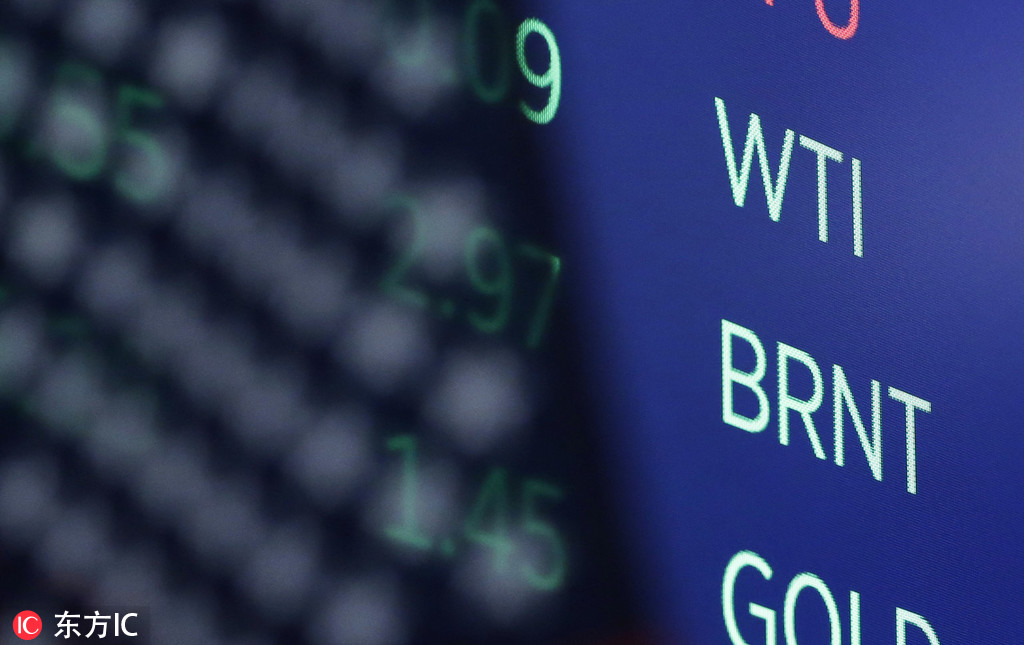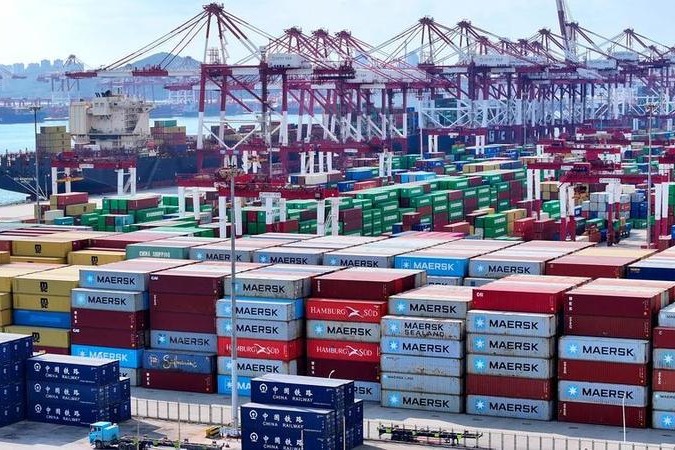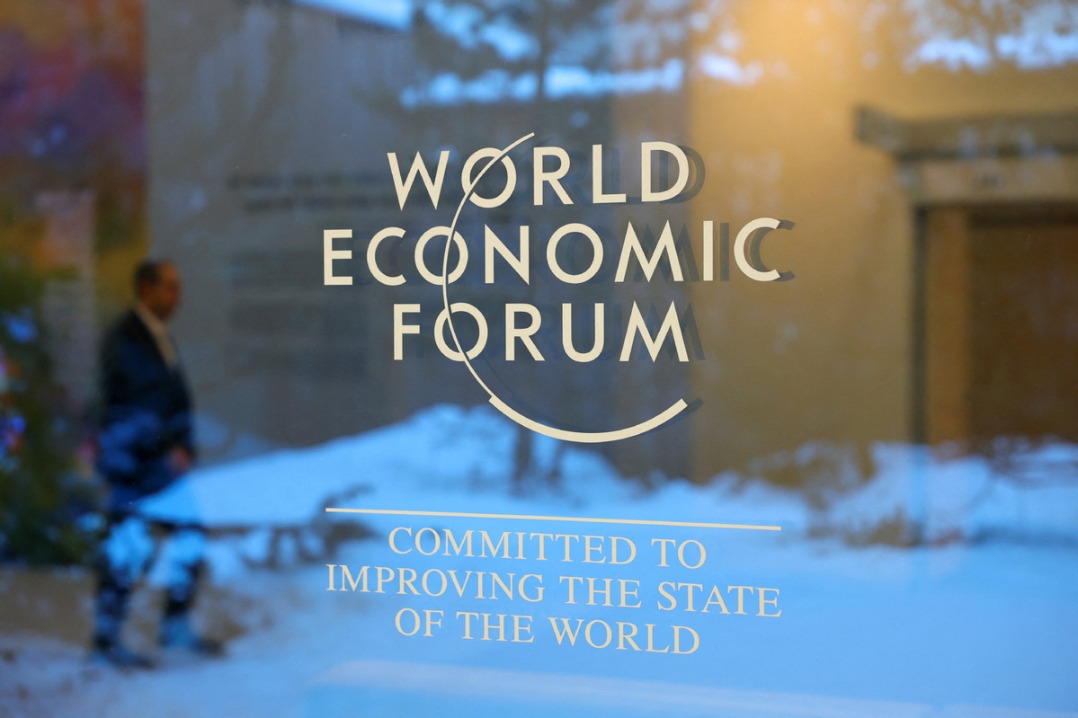Is Saudi Arabia planning to leave OPEC?


King Abdullah Petroleum Studies and Research Center, a Riyadh-based energy think tank, is studying the potential fallout the dissolution of the Organization of Petroleum Exporting Countries might have on the international oil market, the Wall Street Journal reported, giving rise to speculations in the international community.
But soon Khalid A. Al-Falih, Saudi Arabia's minister of Energy, Industry and Mineral Resources, said Riyadh has no intention of dissolving OPEC, emphasizing that the organization would continue playing the role of the oil industry's "central bank".
Adam Sieminski, KAPSARC president, on his part, said the research is just an attempt to think outside the box, which to a certain extent is influenced by the discussions in the United States. Since US President Donald Trump has consistently criticized OPEC's oil policies and played down its value in stabilizing oil prices, several researchers were motivated to study the possible scenarios in an OPEC-less world.
Yet the very thought that the Saudi government may have signaled the dissolution of OPEC is enough to focus attention on the organization's history and future.
The 15-member OPEC commands more than 80 percent of world's proven oil reserves with the Middle East countries accounting for 65 percent. To adjust or influence global oil prices, OPEC members use combined production contracts.
Strictly speaking, only Saudi Arabia and Iran are capable of swaying prices with their spare capacity. And to safeguard its interests in the Middle East, the US has forged an alliance with Saudi Arabia to divide OPEC and ensure supply of huge volumes of cheap oil to economies including the US and European countries. For instance, under the agreement based on an exchange of oil for security, Saudi Arabia put the US' interests above the other OPEC members' and implemented oil policies beneficial to the US.
But a series of geopolitical events in the 21st century, including the Sept 11, 2001, terrorist attacks in the US, global financial crisis in 2008, "Arab Spring" in 2011 and the US shale gas revolution in 2014, put an end to this arrangement and had a great impact on global oil prices.
However, OPEC's increasingly diminishing ability to balance the oil market has prompted the Trump administration to repeatedly pressure Riyadh to control oil prices, forcing Saudi Arabia to persuade longtime rival Russia to agree to cut its output in order to stabilize oil prices. OPEC's influence and role are likely to weaken in the future as supplies increasingly diversify.
Saudi Arabia has wielded the OPEC card for several reasons, which also prompted KAPSARC to conduct the research. After all, the think tank was established with aid from Saudi Aramco, Saudi Arabia's largest petroleum company which is directly supervised by the Saudi Ministry of Energy, Industry and Mineral Resources and Ministry of Foreign Affairs.
OPEC members have many other differences too. They are increasingly uneasy about the developing relationship between Riyadh and Moscow. Yet they are also aware that without OPEC, they would struggle to ensure profitable returns from oil supply.
Also, Iran has made it difficult for Saudi Arabia to check and confront it as both Iraq and Qatar have edged closer with Iran. If the US forces the OPEC members to increase oil output to offset the shortage created by Iran's exit from the international market, the divergences within OPEC would expand.
As such, by leaving OPEC, Saudi Arabia would be in a better position to cooperate with other countries to deal with Iran.
Saudi Arabia alone cannot decide the fate of OPEC despite being its de-facto leader. It can only retreat from the bloc. If the research reveals that exit would bring more benefits rather than disadvantages to Saudi Arabia and the US supports its decision, Saudi Arabia might not hesitate to withdraw from OPEC, which in turn would significantly reduce OPEC's influence in the global oil market.
Although it's too early to predict OPEC's future, it will certainly have a huge impact on geopolitics in the Middle East and the global oil market. For example, there would be further division in oil-producing countries in the Middle East and energy would be more closely related to geopolitics.
Confronted with declining oil prices, oil producers may increase output competitively in order to offset the revenue loss due to a fall in prices. And the Gulf Cooperation Council could perform some of OPEC's functions after the dissolution of the organization. But Riyadh could more independently try to improve relations and cooperation with Asian countries, as well as Russia to influence oil prices.
The author is an associate research fellow at the Institute of International Relations, Shanghai Academy of Social Sciences.


































